Pocket Pets & Exotics Pet Care
Tharp Animal Health Care Center is also very proud of the wellness services we are able to offer our clients that have pocket pets or exotics such as sugargliders, lizards, rabbits, guinea pigs, ferrets, hamsters and others. These animals’ healthcare needs are often quite unique and require a veterinary practice with the experience and expertise to ensure they live long, healthy and happy lives.
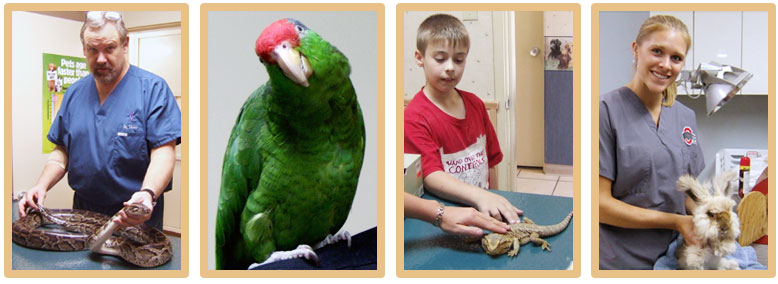
After acquiring your new exotic or pocket pet, a complete veterinary examination is strongly recommended. This exam includes a thorough physical examination, nutritional consultation, disease screening, and laboratory testing if necessary.
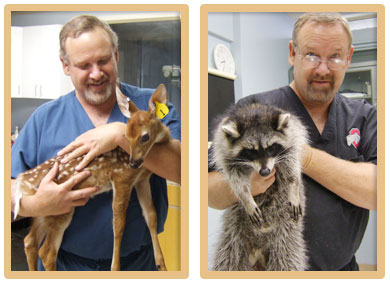
In the wild, many of these animals have developed strategies to conceal illness or injuries as a survival technique to avoid predators. As a result, their medical problems often go unnoticed for too long.
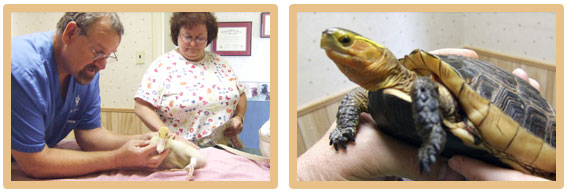
By the time the owner recognizes that there is a problem with his or her exotic or pocket pet, the condition is often extremely serious.
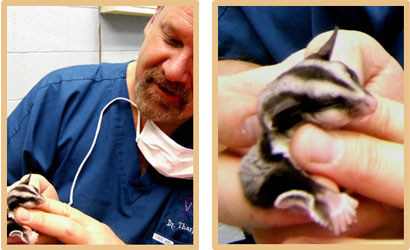
This is why we strongly recommend regular physical examinations to check for health problems as well as annual monitoring to check for nutritional and husbandry-related conditions. With regular veterinary medical examinations—two per year is recommended—problems are often diagnosed before they become serious medical conditions.
Avian Medicine
Wellness Exams
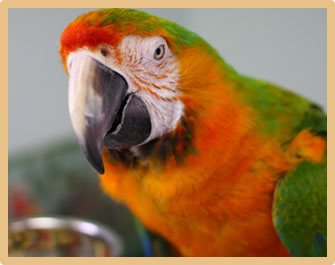 During an avian wellness exam we may discuss the pros and cons of clipped versus flighted birds, annual examinations, zoonotic diseases (diseases that can be contagious to humans), nail and beak trimming, avoiding household toxins, the importance of UV light, and more. If in need of an avian specialist, please see our Referrals page under Services.
During an avian wellness exam we may discuss the pros and cons of clipped versus flighted birds, annual examinations, zoonotic diseases (diseases that can be contagious to humans), nail and beak trimming, avoiding household toxins, the importance of UV light, and more. If in need of an avian specialist, please see our Referrals page under Services.
Avian Spa Services
- Wing Trims
- Nail Trims
- Beak Trims
Sick Bird Exams
Signs that your bird may be sick
- Decreased appetite
- Decreased fecal production
- Increased thirst
- Increased urine production
- Diarrhea
- Blood in feces
- Decreased vocalizations and singing
- Quiet and “fluffed up” feathers
- Sitting or sleeping on bottom of cage
- Frequently laying eggs
- Pumping of tail (up and down)
- Nasal discharge
- Change in feathering
- Vomiting
- Undigested food in feces
Fecal Gram Stains
A fecal gram stain is a non-invasive test that evaluates the bacterial flora in a parrot’s gastrointestinal tract. It checks for the presence of good bacteria, bad bacteria, and yeast. The presence of yeast and/or bad bacteria may be an indication of malnutrition, immune suppression, stress, and other underlying disease processes. A fecal gram stain is just one piece of the puzzle that helps us to determine the overall health of your parrot.
A fecal gram stain is performed by collecting a fresh fecal sample. Treatment for an abnormal fecal gram stain may include a diet change, probiotics, apple cider vinegar, lifestyle modifications, immune support, and addressing any other underlying disease processes. Follow-up gram stains are needed to assess the efficacy of treatment and the ongoing health of your parrot.
Blood Work
DNA TESTING is a blood test that genetically determines if your bird is a male or female. We recommend that all birds be sexed. This will allow you to monitor your female birds during mating season in the spring. Female birds need to be monitored for egg laying. Females that frequently lay eggs may become weak or have seizures due to low calcium levels or can become egg bound which can lead to infection and possibly death.
Routine Lab Work
- CBC (checks red blood cells and white blood cells)
- Chemistry (checks kidneys, liver, glucose, and electrolytes)
Infectious Disease Testing
All newly acquired birds should be tested for infectious diseases to ensure your bird is healthy and does not transmit diseases to you or any other birds in your home.
We Recommend Testing for:
- Chlamydia (PCR and IFA Tests). Chlamydia is a zoonotic disease (meaning it can be transmitted to humans). It can cause a wide range of symptoms that can result in mild to severe disease in both birds and humans and can result in death.
- Psittacine Beak and Feather Disease (PBFD)
- Bornavirus (a virus associated with Proventricular Dilatation Disease or PDD)
Reptile Medicine
Wellness Exams
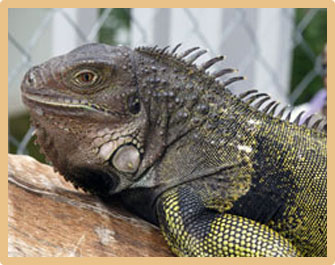 During this appointment, we do a thorough exam and discuss husbandry, including enclosure set-up, temperature and humidity, UVB lighting, substrates and diet. If you need a reptile specialist, see our Referrals page under Services.
During this appointment, we do a thorough exam and discuss husbandry, including enclosure set-up, temperature and humidity, UVB lighting, substrates and diet. If you need a reptile specialist, see our Referrals page under Services.
Sick Reptile Exams
Signs That Your Reptile May be Sick:
- Decreased appetite
- Lethargy
- Discharge from nose or eyes
- Change in skin color
- Open mouth breathing
- Twitching or seizures
- Weight loss
- Vomiting
Fecal Test
Checks for parasites and worms.
Skin Test
Checks for parasites and microorganisms
Culture and Sensitivity Test
Checks for abscesses
Small Mammal Medicine
Wellness Exams
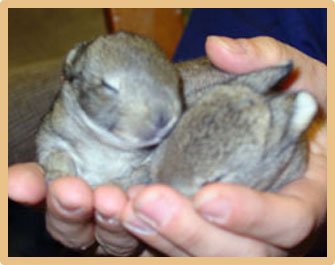 During this appointment, we do a thorough physical exam and discuss husbandry, including enclosure set-up, substrates, diet, exercise, and environmental enrichment.
During this appointment, we do a thorough physical exam and discuss husbandry, including enclosure set-up, substrates, diet, exercise, and environmental enrichment.
Sick Small Mammal Exams
Signs that Your Mammal May be Sick:
- Decreased appetite
- Lethargy
- Discharge from nose or eyes
- Vomiting
- Diarrhea
- Open mouth breathing
- Twitching or seizures
- Weight loss
- Changes to skin or hair coat
Fecal Test
Checks for parasites and worms
Skin Test
Checks for Parasites and microorganisms
Culture and Sensitivity Test
Checks for abscesses